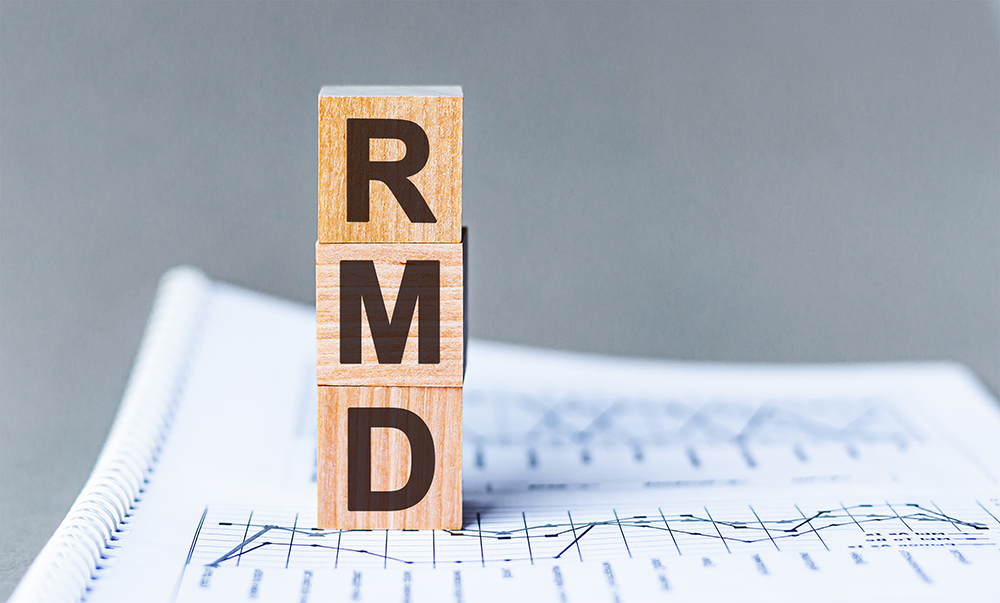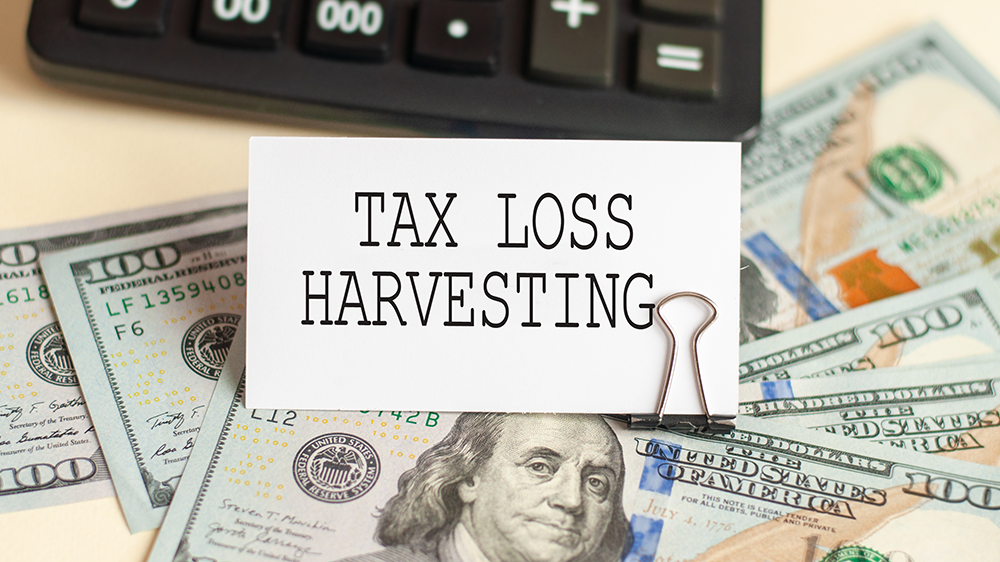There are a variety of tax deductions and credits available to people who save for retirement.
Retirement accounts such as 401(k)s and IRAs are a popular way to save for retirement. These accounts offer tax benefits when contributions are made, but withdrawals from these accounts are typically taxed as ordinary income.
However, there are ways to pay less tax on retirement account withdrawals. Below, we’ll cover strategies that you can use to reduce your tax bill. Here’s what you need to know.

Taxpayers are required to pay taxes on their 401(k) withdrawals. Fortunately, there are strategies that can help you reduce the tax burden. The easiest way for paying less tax on retirement account withdrawals is to delay your withdrawals. The longer you delay your withdrawals, the longer your money will continue to grow tax-free.
Withdrawals made before the age of 59 1/2 years from a 401(k) or traditional IRA account may incur a 10% early withdrawal penalty, in addition to the regular income tax on the amount withdrawn. This can limit the growth potential of future savings.
However, there are some exceptions, such as being able to make penalty-free withdrawals from a 401(k) after turning 55, provided the job associated with that account is left at that age or later. Additionally, you may be able to avoid the early withdrawal penalty on an IRA if the funds are used for certain purposes, such as a large medical bill, college costs, or a first-time home purchase.


Once you reach the age of 73, it is mandatory to withdraw funds from your traditional 401(k) and/or IRA. Since the money in these accounts is usually untaxed, the IRS requires retirees to take some distributions from these accounts once they turn 73. These mandatory withdrawals are known as required minimum distributions (RMDs) and allow the IRS to collect taxes on these accounts.
Failing to take your RMDs incurs a penalty of 25% in addition to the income tax that would have been due on the withdrawal. If you correct your mistake promptly, the penalty drops to 10%.
For those individuals turning age 72 this year (2023), you will not have to begin taking RMDs from your IRA until next year, 2024, when you reach age 73. Therefore, a person’s first RMD is due for the year he or she turns 73, in 2024. There is no RMD for 2023. Thus, the deadline for taking your first (initial) RMD would be April 1, 2025.
It’s important to have a plan in place for taking your annual distributions in order to avoid any penalties.


Tax-loss harvesting is a popular investment strategy that can help reduce your tax bill. The strategy involves selling investments that have declined in value in your retirement account to offset gains in other investments, thus reducing your overall tax bill.
If you have investments in your retirement account that have lost value, you can sell them and use the losses to offset gains from other investments, reducing the amount of taxable income you have to report to the IRS. This can be particularly useful when you need to make withdrawals from your retirement account, as it can help reduce your tax bill on those withdrawals.
However, it’s important to note that tax-loss harvesting can be complex, so it’s always a good idea to consult with a financial advisor or tax professional before implementing this strategy.

It’s important to note that deductions and credits can significantly reduce your tax bill, but you need to meet certain requirements to qualify for them. Here are some common deductions and credits that taxpayers can take advantage of:
- Charitable Contributions Deduction: If you make donations to qualified charitable organizations, you can deduct contributions from your taxable income.
- Retirement Contributions Deduction: If you contribute to a retirement account, you can deduct those contributions from your taxable income.
- Senior Citizens’ Deduction: If you are over 65, you could be eligible for a deduction on your income tax return.
Tax laws change annually, so staying informed on the latest updates is crucial. Having a financial advisor by your side can help make the process more manageable and less overwhelming.

There are several strategies that you can use to pay less tax on retirement account withdrawals. By using these strategies, you can help reduce your tax bill and keep more of your hard-earned retirement savings in your pocket.
If you’re looking for professional guidance on minimizing your retirement taxes, CKS Summit Group can help. We offer our clients a variety of financial services, including our flagship portfolio the SMART Portfolio; SMART is the Strategic Movement Around Retirement Taxation and its goal is to limit your post-retirement taxation – not your income.
Our team of experienced advisors can help you identify opportunities to reduce your retirement tax burden.
Contact us today to learn more and to schedule your complementary consultation.



